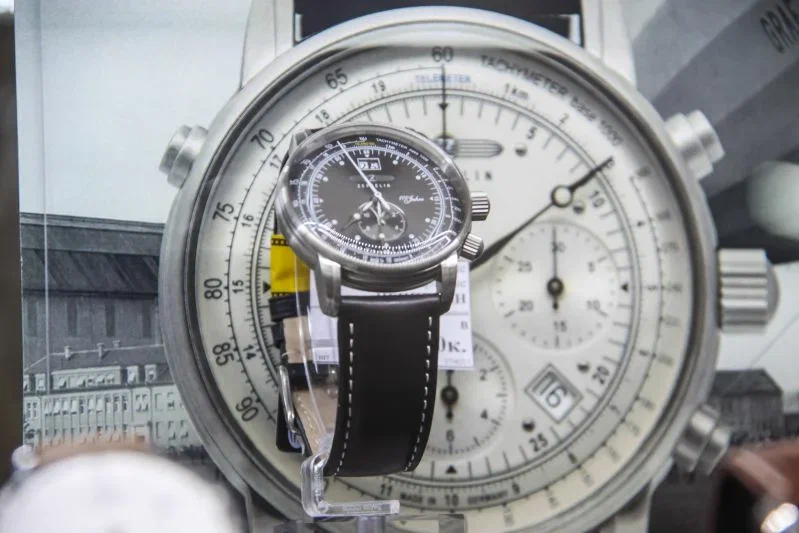Now the famous exclamation "How time flies!" has a scientific basis. British scientists are concerned about the transience of time observed as people grow older.
They were also concerned about the difference in perception of this phenomenon between generations.
A group of scientists from Liverpool John Moores University (UK) and Imam Jafar al-Sadiq University (Iraq) worked on the problem.

The results of the work were published in the scientific journal PLOS One.
Research by scientists
The study of the phenomenon was approached from the point of view of the Christian holiday of Christmas and Ramadan among Muslims, which, according to the opinion of older people, comes faster every year.
Thus, a survey was conducted among 1,000 volunteers in the UK and over 600 in Iraq.
The scientists were interested in the respondents’ attitudes towards the transience of time, age and gender, state of memory, and attention to the passage of time.
Conclusions of scientists
It found that 76% of Britons felt Christmas was coming sooner each year. In Iraq, 70% of people noticed the same thing about Ramadan.
Scientists have substantiated the process of acceleration of the flow of time with respect to important dates and subsequent prospects.
For example, if an improvement in social living conditions and other benefits was promised.
Time also sped up if people thought about it more often and more often convinced themselves that the holidays were coming unexpectedly soon.
It also turned out that most people were prone to memory errors (they were more likely to forget something important).
As a result, the researchers came to the conclusion that the passage of time is not associated with a person’s age, but with his perception of this phenomenon.
